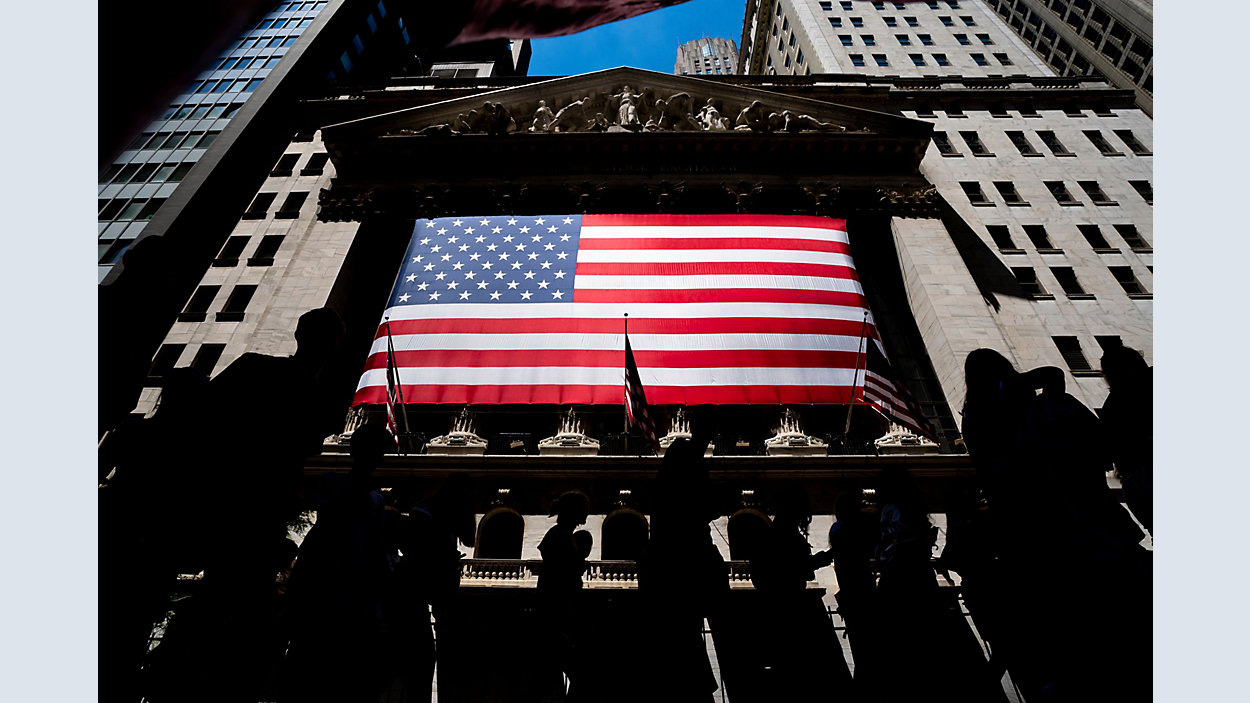Stock Market Soars, Gas Prices Plunge
….will Biden administration finally get some credit?
For months we’ve heard about consumers’ anger about the economy, even as economists (including myself) kept pointing out that wages and employment were up and the post-Covid inflation – which was a world-wide phenomenon, not a problem isolated to the US -- was heading downward.
But all that good short-term economic news pales in the shadow of high post-Covid price levels for groceries, cars, clothes and housing. Even if current inflation has slowed, the inflation of the past year is now baked into prices. That fact – rather than current improving conditions – is what is driving the discontent.
And, fair or not, US presidents usually get more blame (and credit) for the economy’s performance than they deserve; there is only so much they can control, ESPECIALLY when working with a hostile Congress. (Aside: In the present case it is probably fair to say that the current Congress is more interested in weakening the incumbent president even if it hurts the economy – and their constituents – rather than work together to bolster the economy.)
That said, as the stock market soared this week, and gas prices remained low compared to the last 18 months or so, will President Biden get even grudging credit?
Gas prices keep falling.
Sure it’s true that presidents can only influence the economy at the margins in the short run, but still, let’s celebrate the news that the average price for a gallon of regular gasoline in the US is currently $3.087 nationally.
Seems not too long ago Republicans were blaming President Biden for high gas prices, which were the result of supply restrictions brought on by Russia’s war with Ukraine (Russia is a major oil exporter) and the OPEC cartel’s output restrictions and increased demand as the world emerged from the Covid era.
Don’t hear them cheering for him now or patting him on the back. Instead, Donald Trump justifies his dictator aspirations to “drill, drill, drill.”
Meanwhile stocks soared to record highs for two days in a row.
Although that doesn’t help pay the bills in the short term, it bodes well for folks’ future; according to the Federal Reserve, about 63% of American families own stock, either directly or in a 401k or mutual fund. Pension funds also hold stock, which may further broaden the distribution of the benefits of a rising market.
A steady hand and a long term vision. Let’s stay the course.
Certainly some of the credit for the surging stock market has to go the the Federal Reserve. It was a response to the Fed’s decision to curtail the interest rate hikes they have been steadily applying over the last 18 months. Their management may indeed lead to a “soft landing,” i.e., reducing inflation without inducing a deep recession.
Note that President Biden respected the independence of the Fed even as its policies hurt Biden’s standing with the public. And that appears to be paying off. Do you think his predecessor would have let the Fed do its job without boorish interference?
And looking further into the future of America’s economy…Though it is far too soon for consumers to see results that will flow from the 2021 American Rescue Plan, the ambitious infrastructure investment legislation (bipartisan Infrastructure Investment and Jobs Act) and the CHIPS Act , these are massively important — and massively underestimated — investments in Americans’ futures. I am convinced that only an astute and skilled collaborative politician like Joe Biden could have achieved these things in such a poisoned and toxic political environment.
I hope I am wrong, but I fear his contemporaries will value Biden’s work and impact far less than historians will.
Especially if he can fend of a wannabe dictator…AGAIN, and still be in office as the fruits of these labors are realized.
P.S. Speaking of the one whose name shall not be uttered, check out the headline on this MSNBC clip…will his “base” believe “up” means “down”?


